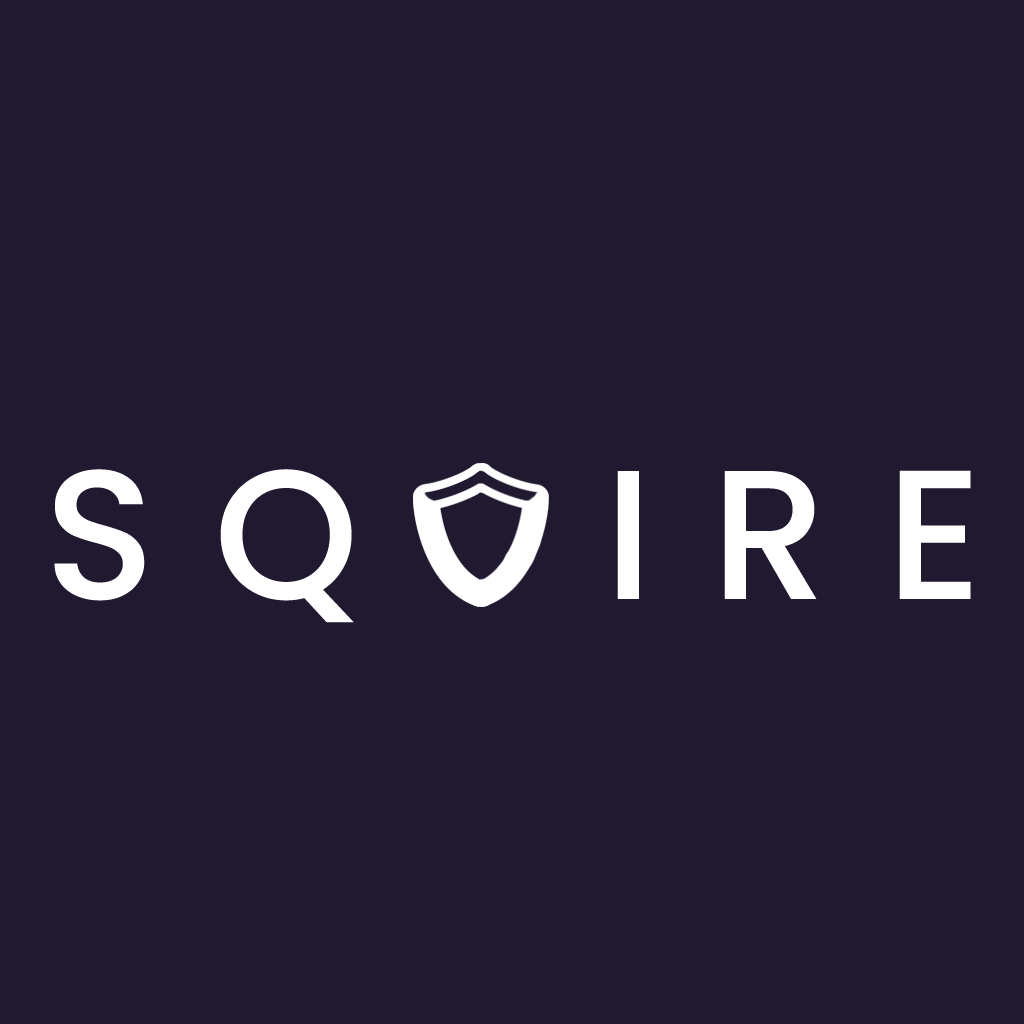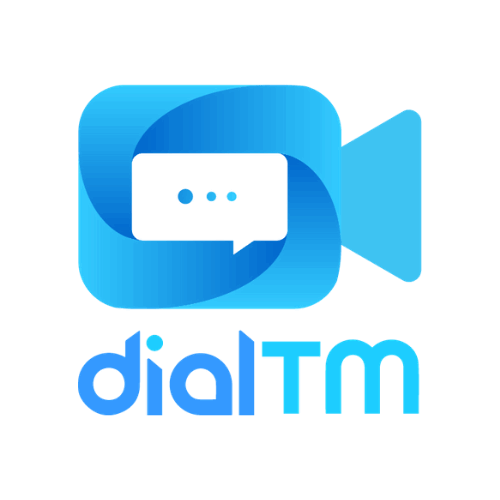What Is Video Interview Software?
Video Interview Software is a virtual application that enables businesses to conduct job interviews via video conferencing. This eliminates the need for in-person interviews, saving both parties' time and resources. With the development of remote work and worldwide job markets, video interview software has become a vital tool for businesses looking to easily hire the top applicants from anywhere in the globe.
Video interview software, which is specifically designed for the recruiting process, includes a variety of features that help to speed the recruitment process. Some platforms provide pre-recorded interview questions, allowing candidates to record their responses at their leisure, and others provide live video interviews, in which all participants are present in real time. This allows hiring managers to evaluate candidates' communication abilities, body language, and overall demeanor.
One of the primary advantages of video interview software is its convenience. It eliminates scheduling issues and travel fees, making it perfect for remote or international interviews. Furthermore, it enables several participants to attend the interview from various places, making it easier for recruiting managers and team members to communicate and make educated hiring decisions.
Furthermore, video interview software frequently includes tools such as recording and playback, which provide useful insights and analysis for recruiters to examine candidates' responses and improve their interview processes. Some platforms can also integrate with existing applicant tracking systems, making it easier to handle and follow candidates throughout the hiring process.
In today's fast-paced business environment, video interview software is gradually becoming an essential tool for businesses of all sizes and industries. It provides a cost-effective and efficient alternative for hiring top personnel globally, while also increasing communication and collaboration within the hiring team. As you begin your search for the best video interview software, keep in mind the features and customization choices that are relevant to your hiring requirements to locate the best fit for your firm.
What Are The Recent Trends In Video Interview Software?
In recent years, businesses and organisations seeking to streamline their employment procedures have increasingly turned to video interview software. As technology advances and the job market changes, video interview software has developed to fit the needs of both employers and candidates.
Buyers of video interview software should be aware of the following current trends:
1. Mobile Accessibility: As more job searchers use mobile devices to conduct job searches, video interview software has evolved to be mobile-friendly. This enables candidates to effortlessly engage in interviews from anywhere, at any time, while also appealing to the current workforce's inclination for flexible and remote work arrangements.
2. AI-Powered Tests: Many video interview software companies now include AI-powered tests to help employers evaluate candidates' talents and personality qualities. This feature employs algorithms to analyse a candidate's video responses and deliver data-driven insights about their strengths, flaws, and suitability for the position. This not only saves companies time, but also allows them to make better hiring selections.
3. Virtual Backgrounds And Filters: In a virtual recruitment environment, video interview software now includes virtual backgrounds and filters. These choices enable candidates to personalise their video appearances, resulting in a professional and polished image without the requirement for a real interview space. This function also brings a fun and creative element to the interview process.
4. Integration With Collaboration Applications: In response to the growth of remote work, video interview software has begun to integrate with popular collaboration applications such as Slack and Microsoft Teams. This allows for seamless communication and collaboration between recruiters and hiring managers, making the hiring process more effective and organised.
5. Multilingual Support: As employment markets become more globalised, certain video interview software now provides multilingual support for interviews performed in multiple languages. This allows organisations to reach a more diversified pool of candidates while also ensuring equal opportunity for all candidates, regardless of language skills.
Benefits Of Using Video Interview Software
Video interview software is becoming increasingly popular among businesses and recruiters as a simple and efficient method of conducting interviews. This program allows for virtual face-to-face interactions between the interviewer and candidate, reducing the necessity for in-person sessions. But what specific benefits can video interview software provide for corporations and organizations?
Let's have a closer look.
1. Time And Cost Savings: One of the most significant advantages of adopting video interview software is the time and expense savings it offers. Traditional in-person interviews can be time-consuming and costly, particularly if the candidate lives in a distant city or country. Companies can use video interview software to interview candidates from anywhere in the world, saving money on travel and time. It also reduces schedule difficulties and no-shows by allowing interviews to be done at a mutually suitable time.
2. Wider Reach: Video interview software enables businesses to reach a larger pool of prospects. Remote interviews allow firms to connect with top talent regardless of their location. This allows firms to tap into a varied group of people, broadening their skill pool and possibly finding the best candidate for the position.
3. Improved Candidate Experience: Today, prospects have high expectations for the employment process. Businesses that use video interview software demonstrate their dedication to contemporary technology while also providing candidates with a more convenient and efficient experience. This might create a favourable impression of the organisation and strengthen their overall employer brand.
4. Enhanced Collaboration: Video interview software also enables simple coordination among the hiring team. The program allows recruiters and hiring managers to readily communicate feedback, notes, and evaluations, making the process more efficient and organised. It also enables numerous team members to engage in interviews from various places, ensuring that everyone is on the same page.
5. Improved Evaluation And Decision Making: Businesses can use video interview software to perform more complete candidate evaluations. It not only enables for a more in-depth evaluation of an applicant's communication skills, body language, and overall demeanor, but it also facilitates candidate comparison by recording and analyzing interviews. This allows you to make better educated and confident hiring selections.
Important Factors To Consider While Purchasing Video Interview Software?
As technology advances, the job market becomes more global, necessitating virtual meetings and interviews for many organisations. Video interview software enables effective and convenient remote interviews, saving time and resources for both companies and candidates.
If you're looking for video interview software, here are some crucial elements to consider before making a purchase:
1. Usability: The last thing you want is for the interview process to be hampered by complex and confusing software. Look for an easy-to-use interface that you and your applicants can traverse.
2. Compatibility: Make sure the software is compatible with your existing devices and operating systems. This will avoid any technical complications throughout the interview procedure.
3. Video And Audio Quality: A video interview should be as similar to an in-person meeting as possible. Look for software with high-quality video and audio capabilities to ensure a smooth experience.
4. Recording And Playback: It is critical to be able to record and replay interviews for reference and evaluation. Check that the program provides for easy recording and replay of interviews.
5. Customisation Options: Each organisation has its own set of interview demands and preferences. Look for software with customisable features like branded backgrounds, question templates, and interview formats.
6. Collaboration Features: If you have a team participating in the interview process, look for software that includes collaboration capabilities like shared notes, ratings, and comments. This will simplify the decision-making process.
7. Security: As with any technology, security is a primary concern. Look for software that includes encryption and other security features to protect important interview information.
8. Customer Support: Having access to dependable customer help in the event of a technical problem or inquiry is critical. Choose a software vendor that provides 24-hour support and help.
9. Pricing: While video interview software might save time and money in the long run, you need still consider your budget. Compare the costs and features of various software choices to determine the best fit for your company.
What Are The Key Features To Look For In Video Interview Software?
When it comes to conducting remote interviews, video interview software has emerged as a vital tool for firms looking to expedite and improve their employment processes. With so many options available on the market, it can be difficult for customers to filter through and choose the best one for their specific needs.
To make the decision easier, below are the main characteristics to look for in video interview software:
1. User Friendly Interface: Both the interviewer and the interviewee should find the software's interface simple and easy to use. This will enable a smooth interview process and save time when training new users.
2. Compatibility: The program should be compatible with a variety of devices and operating systems, allowing both parties to use it regardless of their preferred device.
3. Video And Audio Quality: High-quality video and audio are required for a smooth interview process. Look for software that provides HD video and good audio to reduce communication hurdles.
4. Recording And Playback Features: You can revisit the interview later and share it with other team members for feedback. This is especially important when there are several parties involved in the hiring process.
5. Live Interview And Scheduling: Look for software that enables you to conduct live interviews and schedule them ahead of time. This will allow you to coordinate with applicants in different time zones while saving everyone's time.
6. Customisation Options: To ensure consistency and represent your company's character, the software should include customisation features like as branding and personalised templates.
7. Analytics And Reporting: Data-driven hiring practices are becoming more widespread. Select software that has analytics and reporting options for tracking and measuring the success of your interviews.
8. Integration With Other Resources: To save time and effort, choose software that works with your current HR or recruitment tools, such as application tracking systems or job boards.
9. Security And Data Protection: It is critical to ensure that sensitive candidate information is secure and protected during a remote interview process. Look for software that supports encryption and complies with data protection rules.
10. Customer Support: Last but not least, ensure that the software provides dependable customer assistance to assist you if you encounter technical difficulties or have queries regarding the product.
Why Do Businesses Need Video Interview Software?
Video interview software has become a crucial tool for enterprises of all sorts, from start-ups to global corporations. This technology makes it easier and more efficient for businesses to conduct interviews with potential applicants, regardless of their geographic location.
Let's explore, we'll go over why organizations need video interview software and how it may improve their hiring process.
1. Time And Cost Savings: One of the key reasons for organizations to use video interview software is to save time and money. Traditional in-person interviews can be time-consuming and costly for both the candidate and the employer. Businesses can conduct interviews remotely using video interview software, removing the need for travel and lowering total hiring costs and timelines.
2. Greater Reach: Video interview software enables firms to broaden their reach and access a broader pool of prospects. As the world gets increasingly connected, employers may now interview candidates from all over the world with no restrictions. This not only provides access to a varied talent pool, but it also aids in reaching out to top-tier applicants who may be unable for in-person interviews due to a variety of circumstances.
3. Better Candidate Evaluations: Video interviews allow employers to observe and interact with candidates in real time, resulting in a more accurate assessment of their abilities and qualifications. This reduces the issue of depending entirely on resumes, allowing firms to make more informed hiring selections.
4. Improved Collaboration: Video interview software allows firms to include several team members in the interview process, regardless of their location. This enables a more collaborative hiring process and provides several perspectives on prospects, resulting in better hiring decisions.
5. Convenient and Flexible: Video interview software is convenient and flexible for both candidates and hiring managers. Candidates can select the best time for their interview, and businesses can hold interviews whenever it is convenient for them, without compromising interview quality.
How Much Time Is Required To Implement Video Interview Software?
When contemplating deploying video interview software for your organisation, it is critical to estimate the time required for the complete procedure. The time it takes to implement video interview software varies depending on several factors, including the number of users, the software's complexity, and the level of customisation required. On average, fully implementing video interview software can take a few days to a few weeks.
The initial software setup and configuration may take a few days, as will teaching your team on how to utilise it efficiently. Furthermore, if you are integrating the program with an existing recruitment system, the integration process may take longer to complete and test. Furthermore, if you intend to customise the program to meet your specific requirements, it may take more time for the developers to make the necessary adjustments and your team to test the improvements.
Before purchasing video interview software, it is suggested that you understand the customisation process and timeline. Your organization's size may also have an impact on the implementation timeline. If you have a large staff, it may take longer to onboard and teach everyone on how to use the software properly. On the other hand, if you have a smaller team, the implementation process may go faster.
Consider the software provider's support and assistance during the implementation process. Some suppliers offer customised support and onboarding services, which can considerably minimise implementation time. It is advantageous to choose a service that provides dependable support to ensure a smooth and timely installation procedure.
What Is The Level Of Customization Available In Video Interview Software?
When selecting the best video interview software, customisation is an important thing to consider. Customisation options in video interview software can have a considerable impact on the entire user experience and the recruitment process. Most video interview software provides a variety of customisation options, allowing organisations to adjust the software to their individual requirements.
These customisation options may include branding features, such as adding a company logo and colours to the interface, in order to create a more professional and personalised experience. In addition, video interview software frequently enables for the customisation of interview questions and assessments. This enables firms to construct bespoke questions and evaluations to match the precise job needs and talents they seek in candidates.
Another facet of customisation in video interview software is the option to select the sort of interview. This can include pre-recorded or live interviews, as well as one-way or two-way interviews, allowing businesses to select the most appropriate format for their employment process. Furthermore, some video interview software allows for integration with other tools and platforms, such as applicant tracking systems, which can help to streamline and improve the hiring process.
Overall, video interview software offers a wide range of customisation choices, from basic branding to more advanced features like connectors and personalised assessment tools. Businesses must first identify their specific objectives and goals before selecting software that allows for the appropriate level of customisation.
Which Industries Can Benefit The Most From Video Interview Software?
Video interview software can help industries of all sizes improve their employment procedures. However, certain industries may experience a particularly substantial impact.
Let's look at which industries can gain the most from employing video interview software.
1. Technology And IT: The technology business is strongly reliant on attracting top personnel with the appropriate technical expertise. Video interview software makes it easy to screen and assess technical skills using coding challenges or mock coding interviews. This saves time and resources for both the firm and the candidates, while also providing a more accurate assessment of their abilities.
2. Healthcare: Hospitals and healthcare facilities frequently receive a significant volume of applications for a variety of positions, including doctors, nurses, and administrative staff. Video interview software makes it easier and more efficient to screen prospects, identify top performance, and advance them through the hiring process swiftly. This is especially important in the fast-paced healthcare profession where time is of the importance.
3. Education: With the advent of online learning and remote teaching, video interview software is an important tool for selecting instructors. Schools and universities can utilise this software to conduct virtual interviews with candidates from all over the world, making the recruiting process more diverse and inclusive.
4. Retail And Customer Service: Video interview software can successfully assess a candidate's communication and interpersonal skills in industries that rely heavily on customer service and sales. Retail and customer service companies can also utilise this software to conduct virtual role-playing situations to assess a candidate's problem-solving and decision-making abilities.
5. Financial And Banking: The financial and banking industries are extremely competitive, therefore finding the appropriate people is critical. Financial companies can use video interview software to rapidly screen candidates, conduct virtual group interviews, and assess their financial skills, all while maintaining a fair and unbiased recruiting process.
Conclusion
Finally, video interview software may help organisations of all sizes streamline and improve their employment processes. This system offers a complete solution for conducting remote interviews, including customisable interview templates, video recording and playback, and advanced analytics.When selecting the best video interview software, purchasers must examine their individual demands and requirements, as well as the budget and user-friendliness of the software.
It is also advised that you choose software that connects with other HR solutions and has solid customer support. Buyers should choose video interview software that best corresponds with their aims and objectives after conducting extensive research and comparisons of available options. Finally, this software may tremendously assist organisations by saving time, lowering expenses, and improving the applicant experience. Companies can use video technology to improve their hiring process and make more informed judgements when recruiting top talent.






















